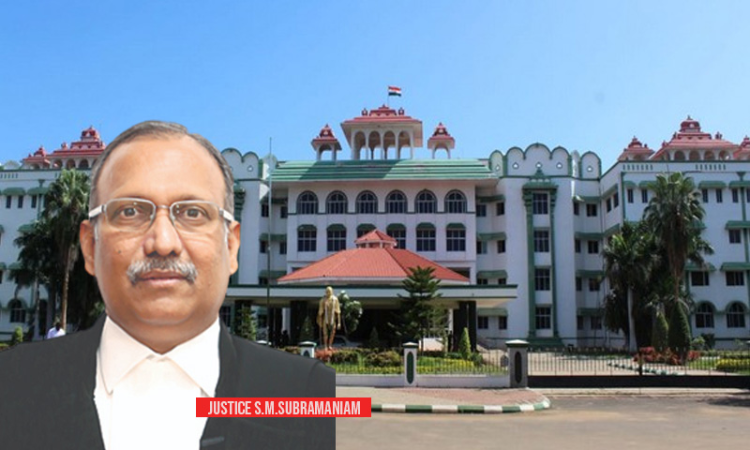"Procedures In Vigilance Manual Should Be Followed In A Constructive Manner": Madras High Court To DVAC
Upasana Sajeev
30 April 2022 10:45 AM IST

DVAC must conduct preliminary inquiry before forwarding complaints to respective departments.
Next Story


